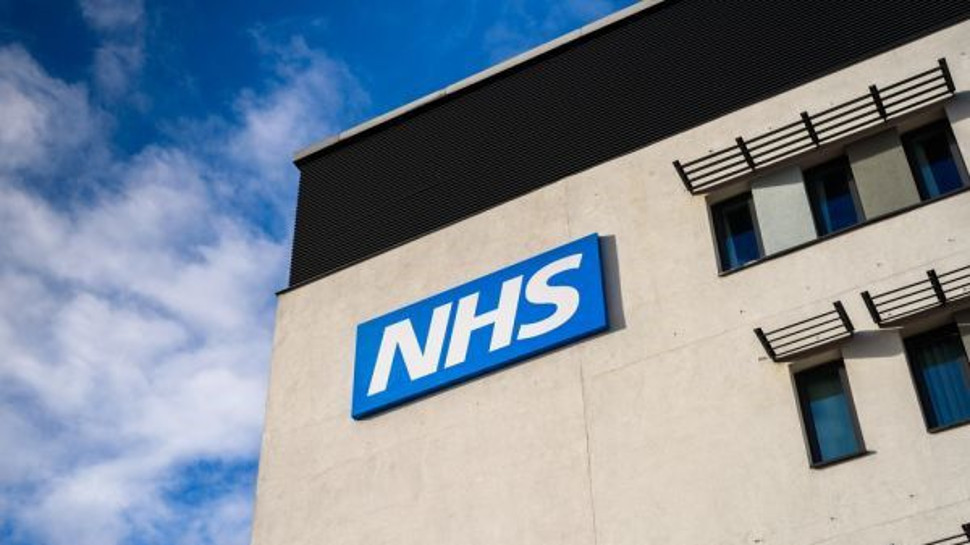Ransomware disruptions contributed to a patient death, NHS finds
The attack caused severe disruptions to care

Sign up for breaking news, reviews, opinion, top tech deals, and more.
You are now subscribed
Your newsletter sign-up was successful
- A ransomware attack targeted a healthcare organisation in the UK
- The disruptions to patient care tragically contributed to a patient death
- Criminals target critical services as they are likely to pay the ransom
Ransomware attacks are devastating for victims, but this has now reached a new and tragic level, with the UK’s National Health Service (NHS) confirming that an attack on London hospitals in 2024 that forced ambulances to be diverted and disrupted blood testing has contributed to a patient's death.
This attack targeted Synnovis, a London-based pathology service, and cybercriminal group Qilin caused severe disruptions to the blood-testing services, and the delay in a blood test was a ‘contributing factor’ to the death of a patient.
Around 800 operations and 700 outpatient appointments were cancelled or rescheduled due to the attack, and personal information such as names, dates of birth, NHS numbers, and even blood test data is suspected to have been compromised and published in the incident.
Get Keeper's Personal Password Manager plan for just $1.67/month
Keeper is a password manager with top-notch security. It's fast, full-featured, and offers a robust web interface. The Personal Plan gets you unlimited password storage across all your devices, auto-login & autofill to save time, secure password sharing with trusted contacts, biometric login & 2FA for added security.
Tragic consequences
Cybercriminals target critical infrastructure such as hospitals because they are likely to pay ransoms in order to get services up and running with minimal disruptions in order to protect patients, but this, of course, requires a level of disruption no matter what.
“One patient sadly died unexpectedly during the cyber-attack,” confirmed the King’s College Hospital NHS Foundation Trust.
“As is standard practice when this happens, we undertook a detailed review of their care. The patient safety incident investigation identified a number of contributing factors that led to the patient’s death. This included a long wait for a blood test result due to the cyber-attack impacting pathology services at the time. We have met with the patient’s family, and shared the findings of the safety investigation with them.”
It’s said that Qilin, the ransomware gang, demanded $50 million from Synnovis in return for the stolen data, but reports suggest that Synnovis either refused or failed to pay the ransom, and the data was then published online.
Sign up to the TechRadar Pro newsletter to get all the top news, opinion, features and guidance your business needs to succeed!
This is in line with the Government’s ransomware payment ban for public organizations, which aims to dissuade ransomware gangs from targeting public services.
Via The Record
You might also like
- Take a look at our picks for the best malware removal software around
- Check out our choice for the best antivirus tools on offer
- Russia-linked Qilin group says it was responsible for London hospitals cyberattack

Ellen has been writing for almost four years, with a focus on post-COVID policy whilst studying for BA Politics and International Relations at the University of Cardiff, followed by an MA in Political Communication. Before joining TechRadar Pro as a Junior Writer, she worked for Future Publishing’s MVC content team, working with merchants and retailers to upload content.
You must confirm your public display name before commenting
Please logout and then login again, you will then be prompted to enter your display name.
